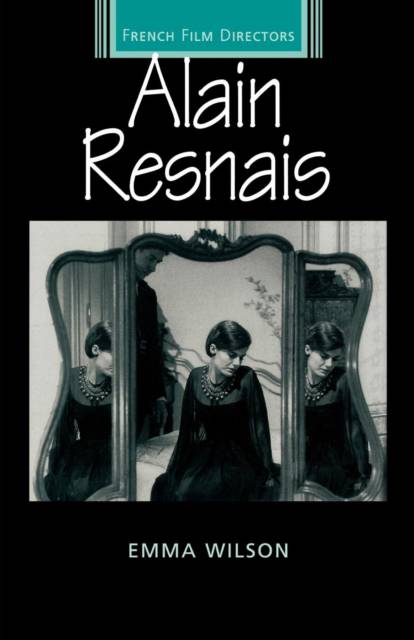
- Afhalen na 1 uur in een winkel met voorraad
- Gratis thuislevering in België vanaf € 30
- Ruim aanbod met 7 miljoen producten
- Afhalen na 1 uur in een winkel met voorraad
- Gratis thuislevering in België vanaf € 30
- Ruim aanbod met 7 miljoen producten
Zoeken
Omschrijving
Alain Resnais, director of 'Hiroshima mon amour' (1959) and 'L'Annee derniere a Marienbad' (1961), has transformed the representation of memory, fantasy and desire in modern cinema. This illuminating introduction to his work, extending from his earliest documentaries to the musical films of the last decade, traces the evolving patterns of his filmmaking, its changing reflections on mortality, guilt, chance and human doubt. Exploring questions of the time-image, of trauma, of the senses, this volume sets Resnais' films in the context of important current debates in film theory, and provides a concise account of critical discussions of his work in France and beyond. Yet it also offers a highly personal and detailed engagement with individual images and scenes in Resnais' films. A passionate and partial defence of Resnais' work, old and new, this volume stands apart in its attention to the more tangible and moving pleasures of his films, their pathos, rigour and visual beauty.
Specificaties
Betrokkenen
- Auteur(s):
- Uitgeverij:
Inhoud
- Aantal bladzijden:
- 224
- Taal:
- Engels
- Reeks:
Eigenschappen
- Productcode (EAN):
- 9780719064074
- Verschijningsdatum:
- 1/10/2009
- Uitvoering:
- Paperback
- Formaat:
- Trade paperback (VS)
- Afmetingen:
- 129 mm x 198 mm
- Gewicht:
- 226 g

Alleen bij Standaard Boekhandel
+ 96 punten op je klantenkaart van Standaard Boekhandel
Beoordelingen
We publiceren alleen reviews die voldoen aan de voorwaarden voor reviews. Bekijk onze voorwaarden voor reviews.











